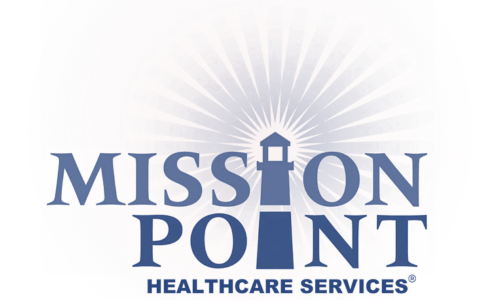 Success Squad
Success Squad
Have you heard about Mission Point’s new program, Success Squad? Recently roll-out at Mission Point of Flint and Mission Point of Forest Hills, the goal of this program is to provide our new employees with support and mentorship that will be key in driving engagement, satisfaction, and retention.
Program Purpose and Goal
The Success Squad Program benefits our new hires and the communities. New employees will be assigned to an individual Success Squad Leader who will guide the new hire through the orientation process and serve as their support person throughout the initial 90 days of employment. The goal for this program is to provide our new employees with support and mentorship that will be key in their success.
Our company’s values lay out the groundwork for how we treat one another… Putting People First, Valuing Relationships, Building Trust and Being Open Minded. The Success Squad Mentor is a strong example of our company values.
The following positions will be included in the program:
- Certified Nurse Aides
- Licensed Practical Nurses
- Registered Nurses
Roadmap for launching next phase of communities:

Interested in learning more or becoming a mentor?
- Information will be posted at each of the facilities.
- Discuss with the Administrator or Director of Nursing.
- There is an application and selection process.
- Mentors are eligible to receive a $250 bonus per mentee (after meeting defined criteria.)
We are excited to introduce this new program to Mission Point. We believe this will be a valuable tool to improve new employee experience and provide opportunities for staff to participate in the program by mentoring and guiding new employees through their first 90 days.
Sarah Buchanan
VP of Human Resources
